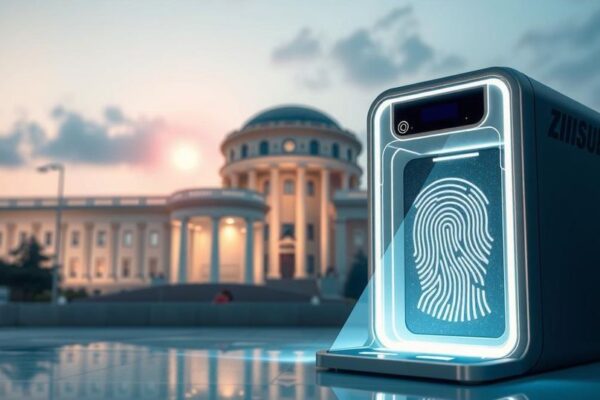
Overview of Leading Biometric Payments Startups as of January 2025
In January 2025, 56 startups in Biometric Payments have emerged, with 23 funded, including 8 at Series A+. The US leads in company presence. Notable startups include IDEMIA, PayFace, Zwipe, BehavioSec, and TypingDNA, each excelling in distinct biometric technologies for secure financial transactions. In January 2025, there are 56 notable startups in the Biometric Payments…









